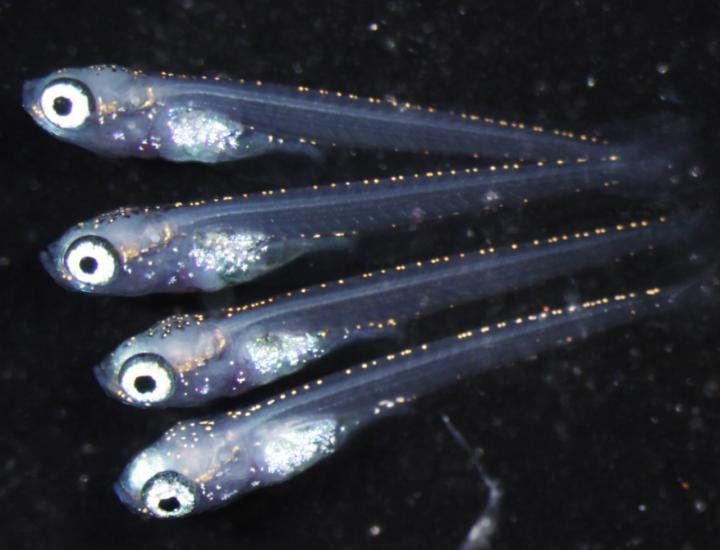WASHINGTON, June 13 (UPI) -- Researchers in Japan have found a gene that determines whether germ cells become sperm or eggs. Named foxI3, the gene was identified using small Japanese fish called medaka.
When without this specific gene's functionality, female medaka produced healthy, seemingly normal sperm in their ovaries and autonomously produced their own offspring. Although they looked female outwardly, the fish created copious amounts of their own sperm and a small amount of eggs in their reproductive tracts.















